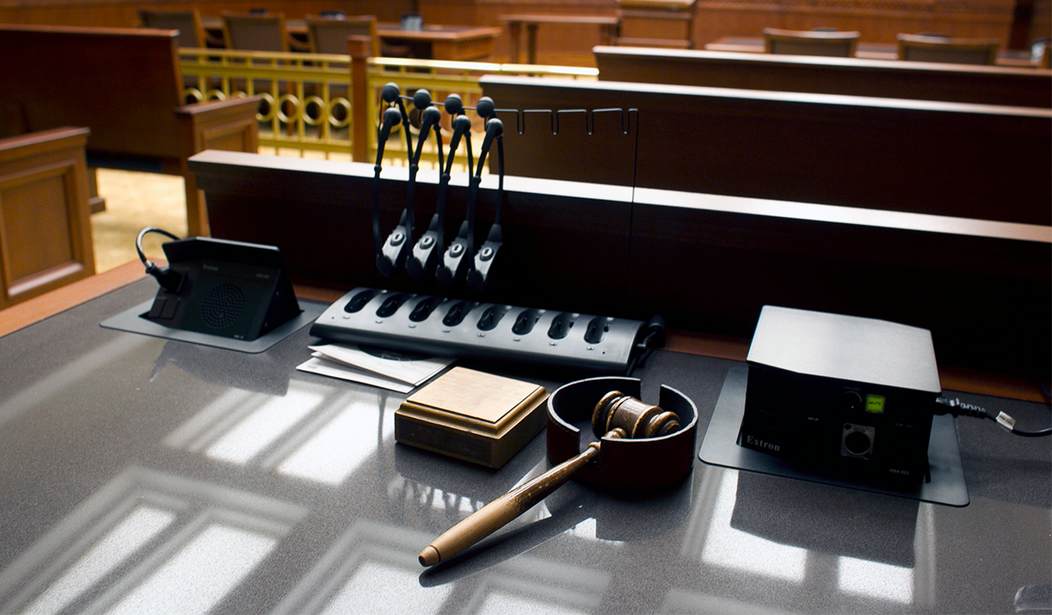The American Civil Liberties Union (ACLU) wasn’t always the cancerous blight on American politics that it largely is today. What it has become is the product of a years-long process of corruption that has slowly steered the organization away from its original intended purpose to protect basic Constitutional rights such as freedom of speech.
On occasion, amid all of the transgenderism and race-baiting social engineering, the ACLU still manages to do something productive, as it did here in its condemnation of the unconstitutional gag order on the former president in his pending D.C. “election interference” prosecution.
Related: Nonviolent Journalist Reports to Prison for Jan. 6 Coverage
Here is an excerpt from the “friend of the court” briefing filed by the ACLU, prefaced with the usual talking-point gibberish that what Trump “has said has been patently false and has caused great harm to countless individuals, as well as to the Republic itself” (no defense of a Deplorable’s Constitutional rights by an entity such as the ACLU can ever be offered without a full-throated condemnation upfront to preemptively assuage the consternation of its liberal constituency) (emphasis added):
In its order, the Court barred Defendant from “making any public statements, or directing others to make any public statements, that target (1) the Special Counsel prosecuting this case or his staff; (2) defense counsel or their staff; (3) any of this court’s staff or other supporting personnel; or (4) any reasonably foreseeable witness or the substance of their testimony.” Order at 3 (ECF 105). The entire order hinges on the meaning of the word “target.” But that meaning is ambiguous, and fails to provide the fair warning that the Constitution demands, especially when, as here, it concerns a prior restraint on speech.
The vagueness doctrine, rooted in due process, ordinarily applies to legislatures, requiring that statutes provide “fair notice or warning” of what is prohibited by penal laws. Smith v. Goguen, 415 U.S. 566, 572 (1974). But it also applies to court orders that carry with them the threat of punishment. See, e.g., Int’l Longshoremen’s Ass’n, Loc. 1291 v. Phila. Marine Trade Ass’n, 389 U.S. 64, 76 (1967); Schmidt v. Lessard, 414 U.S. 473, 476 (1974); English v. Cunningham, 269 F.2d 517, 524–25 (D.C. Cir. 1959). Fairness demands that the law, and judicial edicts, avoid laying “trap[s]” for “the innocent,” and instead “give the person of ordinary intelligence a reasonable opportunity to know what is prohibited, so that he may act accordingly.” Grayned v. City of Rockford, 408 U.S. 104, 108 (1972); see also Connally v. General Construction Co., 269 U.S. 385, 391 (1926).
In layman’s terms, the term “target” as used by the court is overly broad and serves as an unconstitutional restraint on Trump’s free speech rights.










Join the conversation as a VIP Member